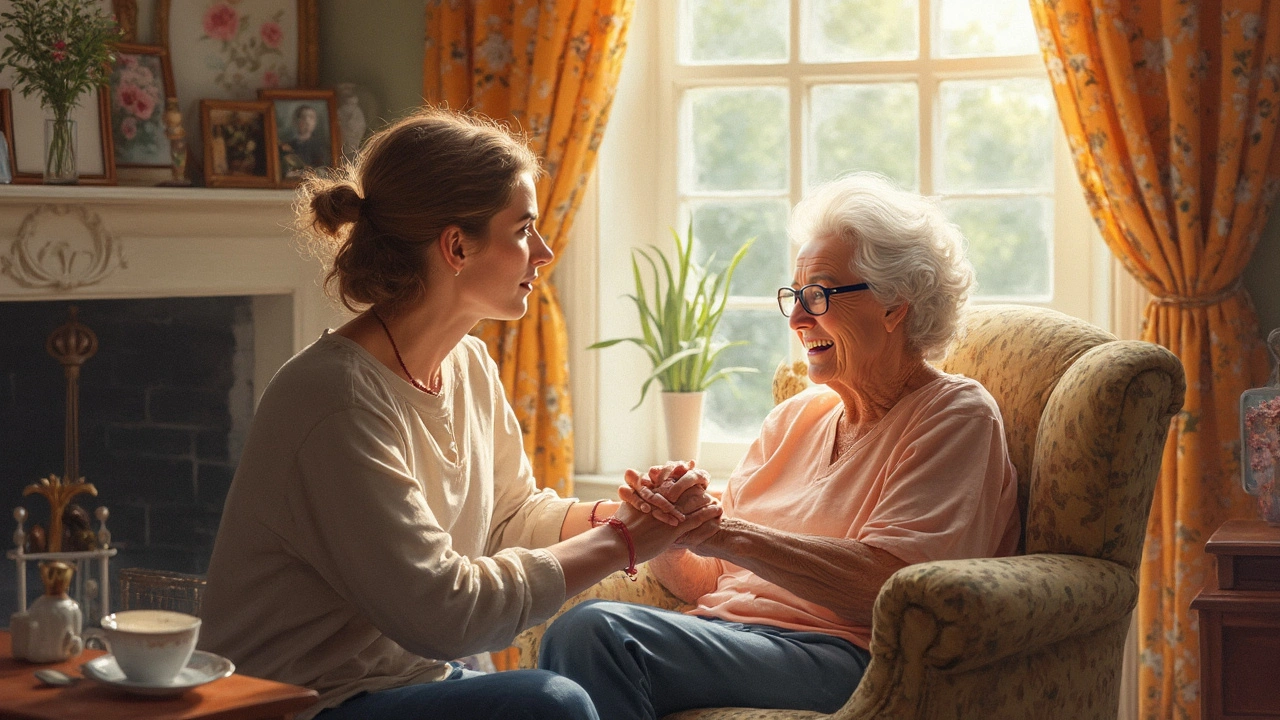What You Need to Know About End of Life Care
Facing the end of life can be tough. It’s a time full of emotions, decisions, and care needs that can feel overwhelming. The goal during this phase is to focus on comfort, dignity, and support—not just for the person nearing the end, but also for their loved ones. Understanding what to expect and how to navigate this period helps make things smoother for everyone involved.
End of life care isn’t about trying to cure illness, but about making the remaining time as comfortable and meaningful as possible. This can mean managing pain, addressing emotional and spiritual needs, and ensuring that wishes around treatment and living arrangements are respected.
Comfort and Pain Management
Pain relief is often the biggest concern, and there are many ways to handle it depending on the situation. For example, therapies like Shiatsu or Craniosacral Therapy can offer gentle pain relief without heavy medication, which some prefer to maintain clarity. Deep tissue massage or Reiki might also help ease discomfort and stress. These therapies focus on relaxation and can be very soothing for the body and mind during this time.
Support for Everyone Involved
End-of-life isn't just about medical care; emotional and social support matter a lot. Hospice services typically provide a team that includes doctors, nurses, social workers, and counselors who can guide families through tough decisions and offer constant support. Loved ones need care too — grief counseling, respite care, and clear communication make the process less isolating and more manageable.
Making open, honest conversations about wishes with family and caregivers early on can prevent confusion. Talking about preferences for things like preferred environment, pain control, and spiritual needs ensures everyone is on the same page.
Remember, end of life can also be about meaningful moments — reconnecting, sharing memories, or simply being present. While medical help takes care of the body, emotional and social care nurture the soul.
Palliative Massage: How Touch Eases Life's Hardest Moments
Palliative massage brings real comfort to people facing serious illness or the end of life. It goes beyond regular massage, aiming to ease pain, anxiety, and emotional stress without big pressure or discomfort. This article explains what makes palliative massage different, offers practical tips for caregivers and families, and shares real insights on its benefits. If you're caring for someone in need, you'll learn how gentle touch can make hard moments feel more peaceful. Dig in for ideas you can actually use.
